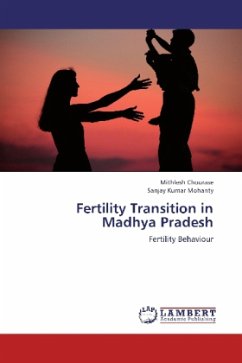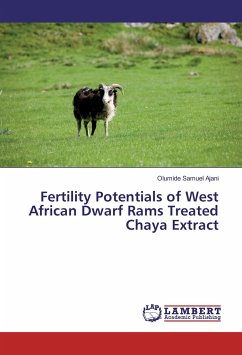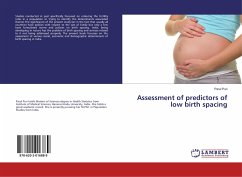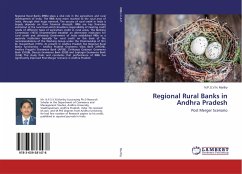Over the last three decades, fertility has been declined steadily in many developing countries including India. In India, few southern states achieved the total fertility rate (TFR) below replacement level while many Indian states still continued to be high fertility level. Madhya Pradesh is one of these states with TFR of 3.2 births per woman. This study attempts to understand how the proximate determinants are changing over time and how the fertility transition is taking place across social groups. We used data from National Family Health Survey (NFHS-I and II) and District Level Household Survey (DLHS-2 and 3), sample registration system (SRS) and census of India. The Bongaarts model is used to estimate the proximate determinants; age at marriage, contraception, abortion and post-partum amenorrhea. The results show that among the ever married women the use of contraception was increased while the proportion of women getting married below 18 years of age and proportion of womenundergone induced abortion was decreased. However, the use of contraception holds the important role in declining the TFR in Madhya Pradesh. The rate of declining of CBR and TFR varied among the districts.








